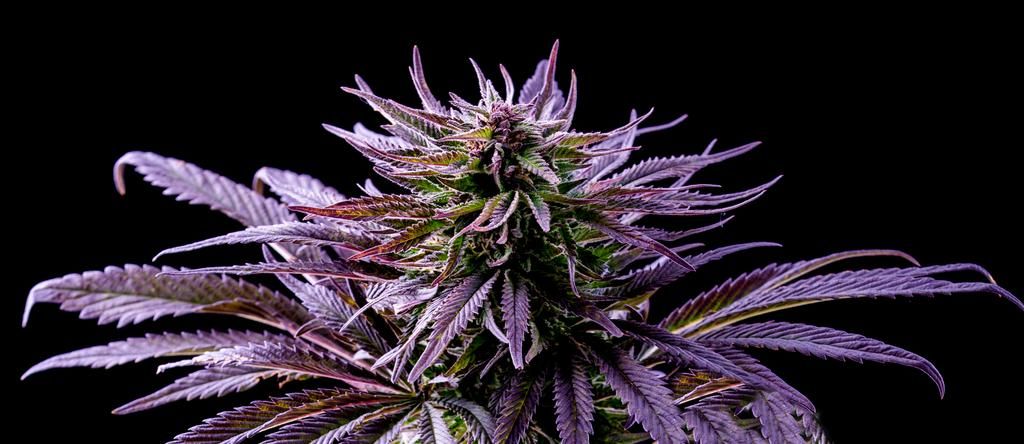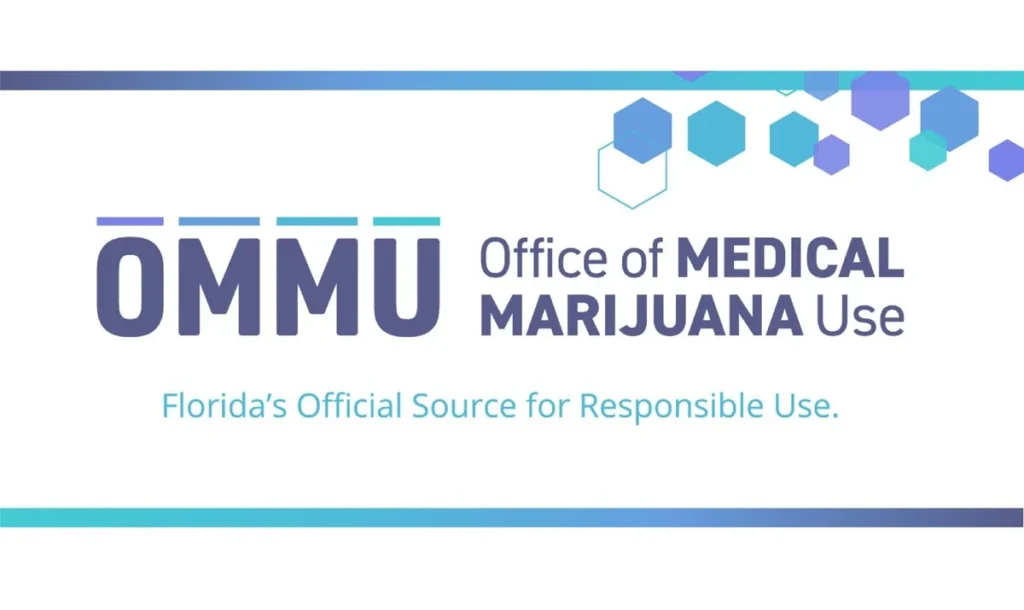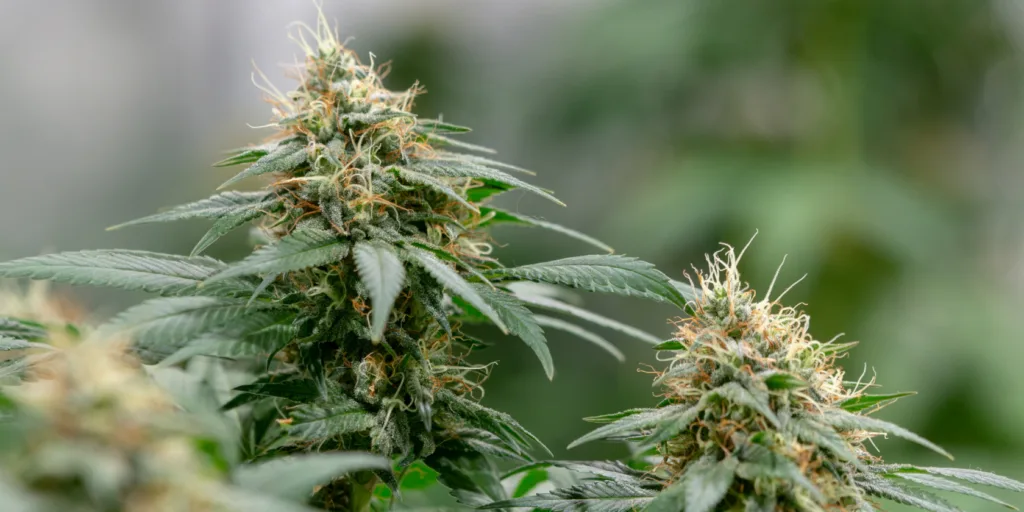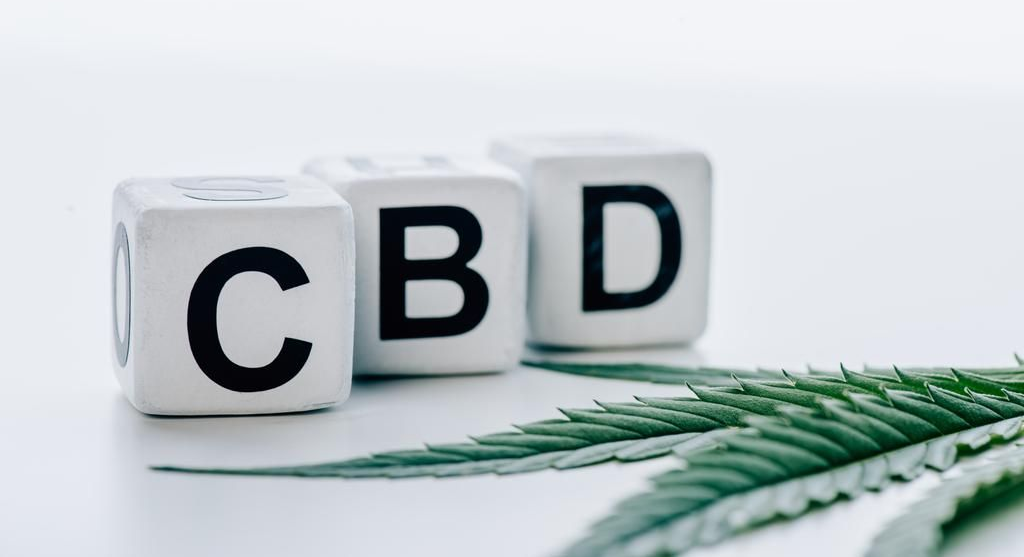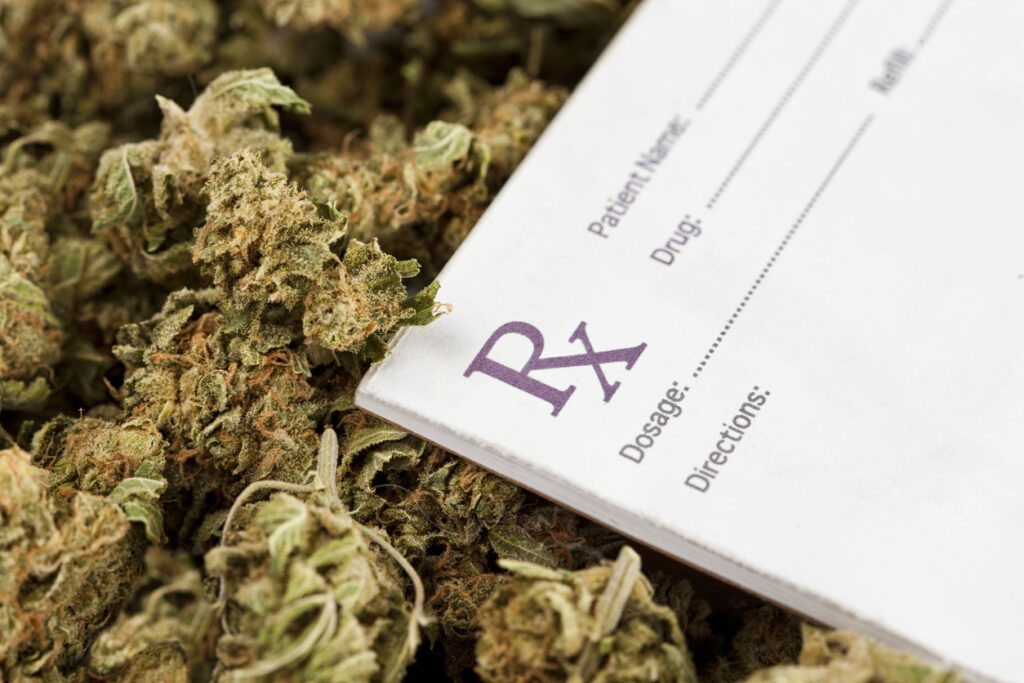The New Hampshire Senate Judiciary Committee has voted to approve a bill that would decriminalize psilocybin, advancing it to the full Senate for consideration.
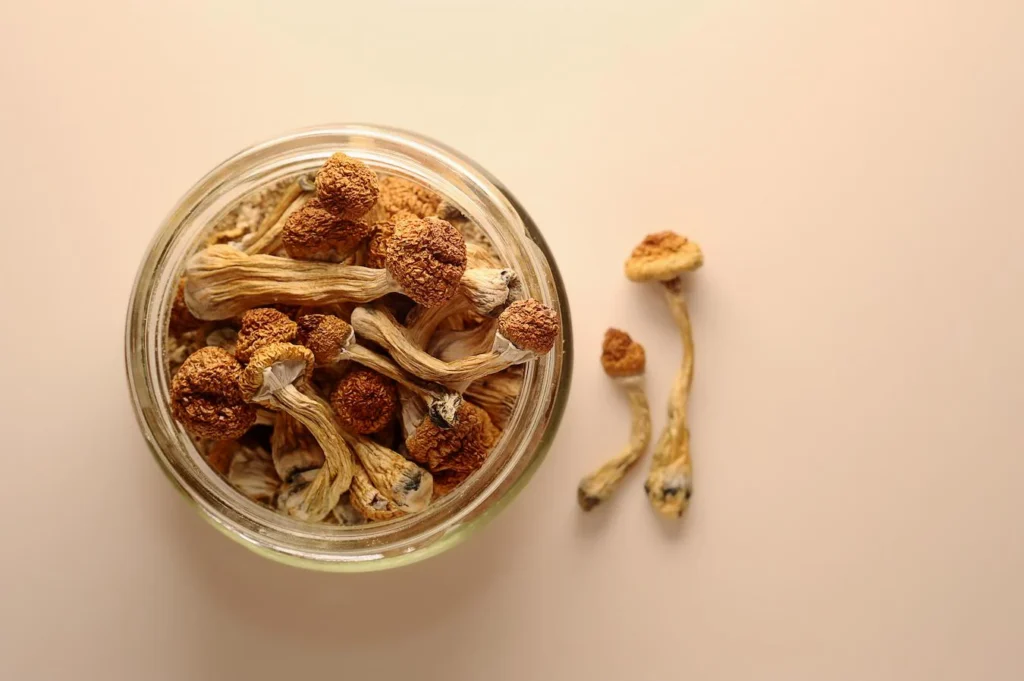
House Bill 528, introduced by State Representative Kevin Verville (R), was approved by the House last month with strong bipartisan support. The bill was originally written to fully legalize personal use and possession of psilocybin but was amended in committee to focus on decriminalization.
Before approving the bill in a close 3 to 2 vote, the Senate Judiciary Committee adopted a new amendment that significantly altered the legislation. In addition to reducing penalties for psilocybin possession by adults 18 and older, the amendment added provisions establishing mandatory minimum sentences for certain fentanyl-related offenses and for drug distribution resulting in death. The revised title of the bill now reflects these broader criminal justice changes.
Continue reading

